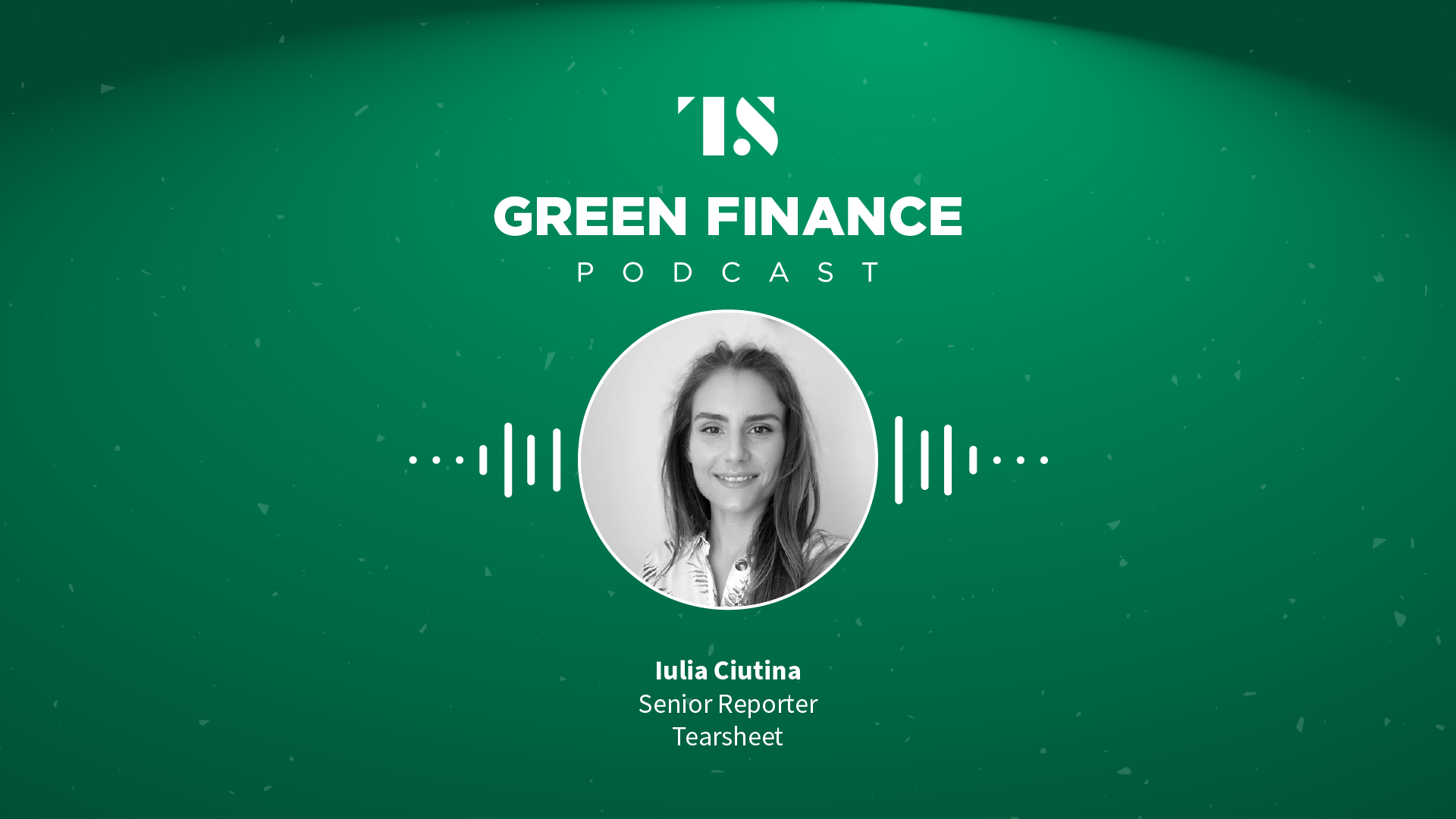Green Finance, Podcasts
The Green Finance Podcast Ep. 1: How banks can encourage sustainability with Aspiration CEO Andrei Cherny
- Welcome to our first Green Finance podcast episode! This podcast will be all about what the finance industry is doing to address climate change, having conversations with key industry people to untangle the corporate journey towards sustainability.
- In this first episode, we chat with Andrei Cherny, CEO of Aspiration, a digital bank centered around climate change and sustainability. Listen in to find out how banks can start bringing climate awareness closer to the consumer.








